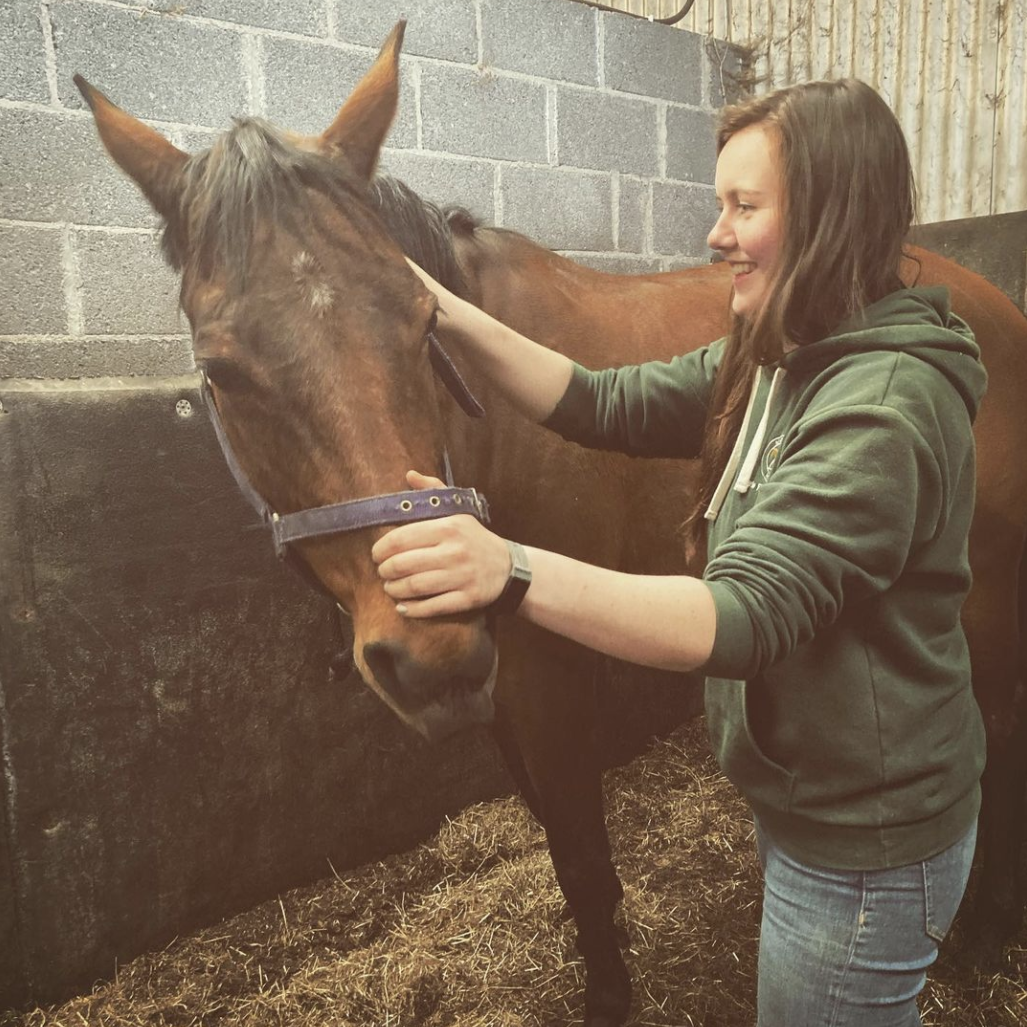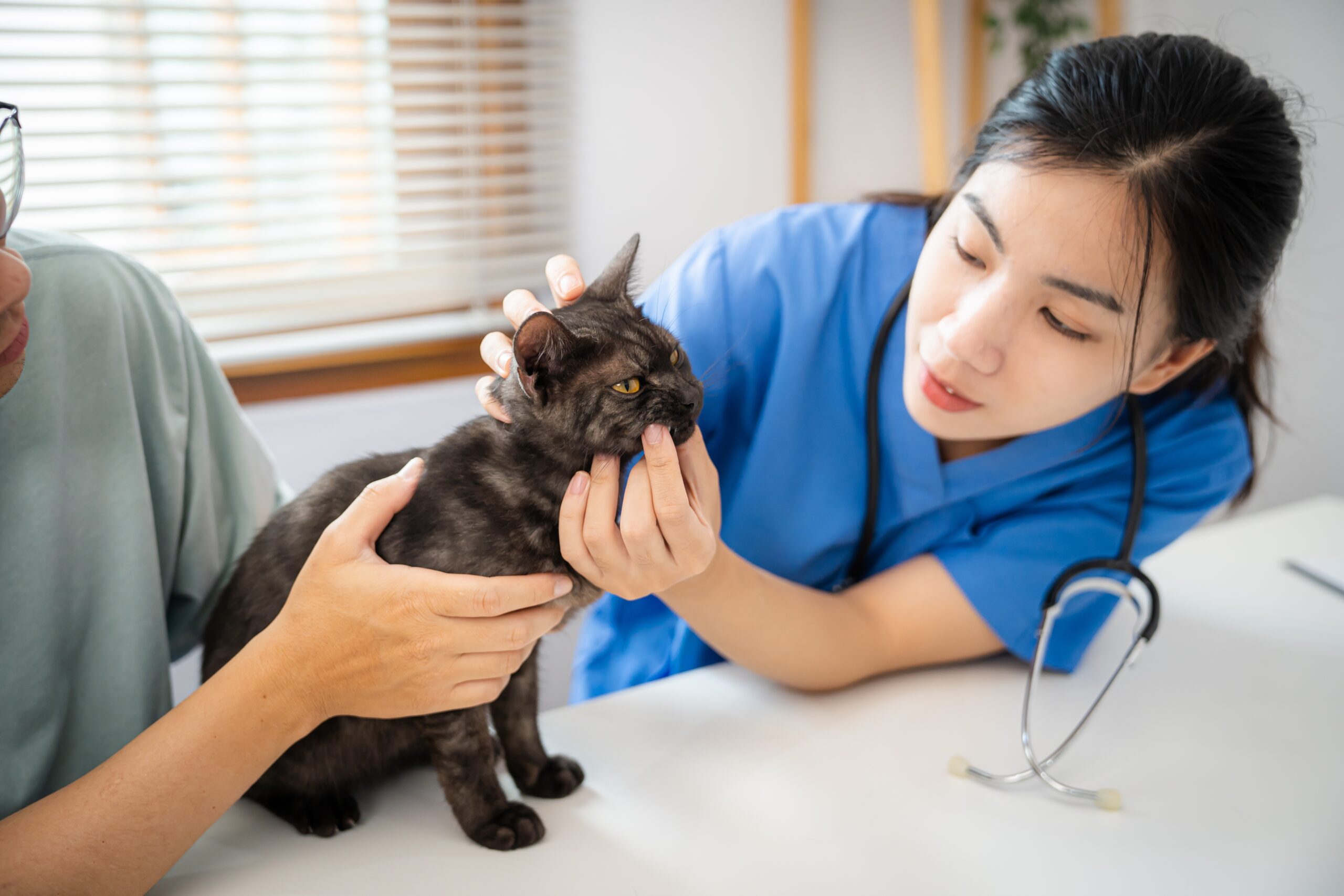“Living people cannot be dissected into separate organs and systems not even into minds and bodies” Gabor Maté – the Myth of Normal
The same applies to horses. It’s never just one issue. When dissecting a horse you do have to choose what you want to see. It is impossible to separate each system without damaging anything. Therefore, it is impossible to treat a single system without considering the whole horse. A physical issue may manifest in one part of the horse’s body but it may be a result of many different factors from physical, social or psychological stressors.
Physical stressors may be the most obvious to us as horse owners, trainers, etc. These include injuries, ill-fitting tack, incorrect training, hoof problems, dental issues and more. Psychological stressors may include anything that causes anxiety or fear to the horse, from sudden change in environment or exercise level to poor diet or housing conditions. Social stressors may be the one that is least obvious. When I say social stressors, I am referring to how the horse is kept, whether it’s alone, stabled in a barn with others or out in a herd. All of these options can cause stress to a horse. A horse kept alone may be lonely or anxious. He may not be able to sleep because of the lack of security that a herd would provide. A horse kept in stables may have stress caused by an angry horse in the next stable or a horse they simply don’t get on with. Furthermore, a horse in a herd may be bullied by one or more of the other horses. When choosing how to manage our horses we should consider how they feel as well as what is logical and financially viable for us as owners.
In my opinion most of these issues could be listed under all three headings as one inevitably leads to the next.
As I have alluded to in previous articles, body workers are not miracle workers. We can only work with what we’ve got and can’t “fix” a horse if other aspects of horse management are being neglected. If a horse is living in a stable beside a horse it doesn’t like or is afraid of, for example, it will always hold tension in its body until that situation is changed, no matter how many times it gets physio or massage or any other type of bodywork. It will also more than likely have gut issues which may then lead to hoof issues which may then lead to imbalance in the body, lameness etc. This is only an example and every horse in this situation will deal with it differently. Some might be perfectly fine while others may be stiff with anxiety.
From personal experience, when I bought my own mare over 10 years ago she was stabled next to a mare she was clearly terrified of, so much so that she refused to walk out past the stable door. She had a list of physical ailments from sarcoids to gut issues to not being able to hold a canter on the right rein. Now of course all of these weren’t just caused by being stabled beside a grumpy mare. I’m sure there were other contributing factors like ill-fitting tack and poor nutrition. If I saw that mare now I can assure you I wouldn’t buy her 😂😂😂😂.
It is impossible to say which of these factors caused each ailment but based on research we can be sure that any stressful situation stimulates the sympathetic nervous response and increases the production of stress hormones. If a horse is in this perceived stressful situation over a prolonged period, it will lead to changes in cardiovascular and respiratory function, energy production, immunity, digestion and reproduction.
I’m not trying to frighten anyone off owning horses or make them feel guilty for how they keep them, I am only trying to raise awareness and get people thinking about just how complex these animals are. We cannot simply say x is your horse’s issue, fix that and all your problems will be solved, you will have the perfect horse. Unfortunately, just like the perfect human doesn’t exist, neither does the perfect horse. All of us whether human or equine will inevitably have some stress in our lives whether it’s momentary or more long term, it’s how we manage it that makes the difference.


Share
Your subscription is 100% Free for our first year, No credit card details required.

The Judging Concerns That Keep Coming Back — And Why They Can’t Be Ignored Anymore We didn’t make it to

There are few sporting events that live up to the hype. Wimbledon? Too many strawberries. Cheltenham? Too many suits. But

British Veterinary Association publishes full response to Competition and Markets Authority’s proposed remedies for veterinary market for household pets. The